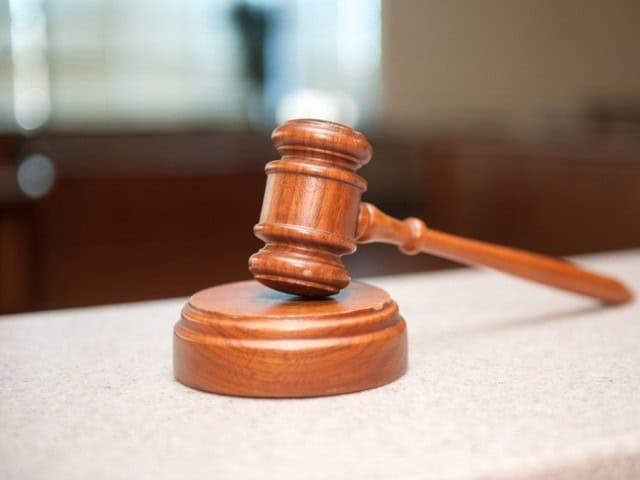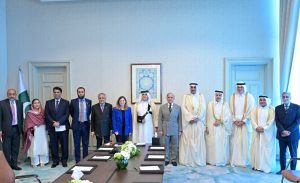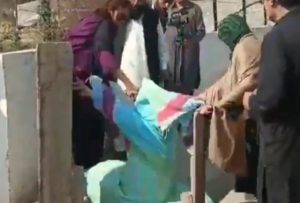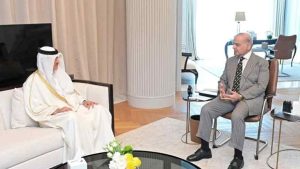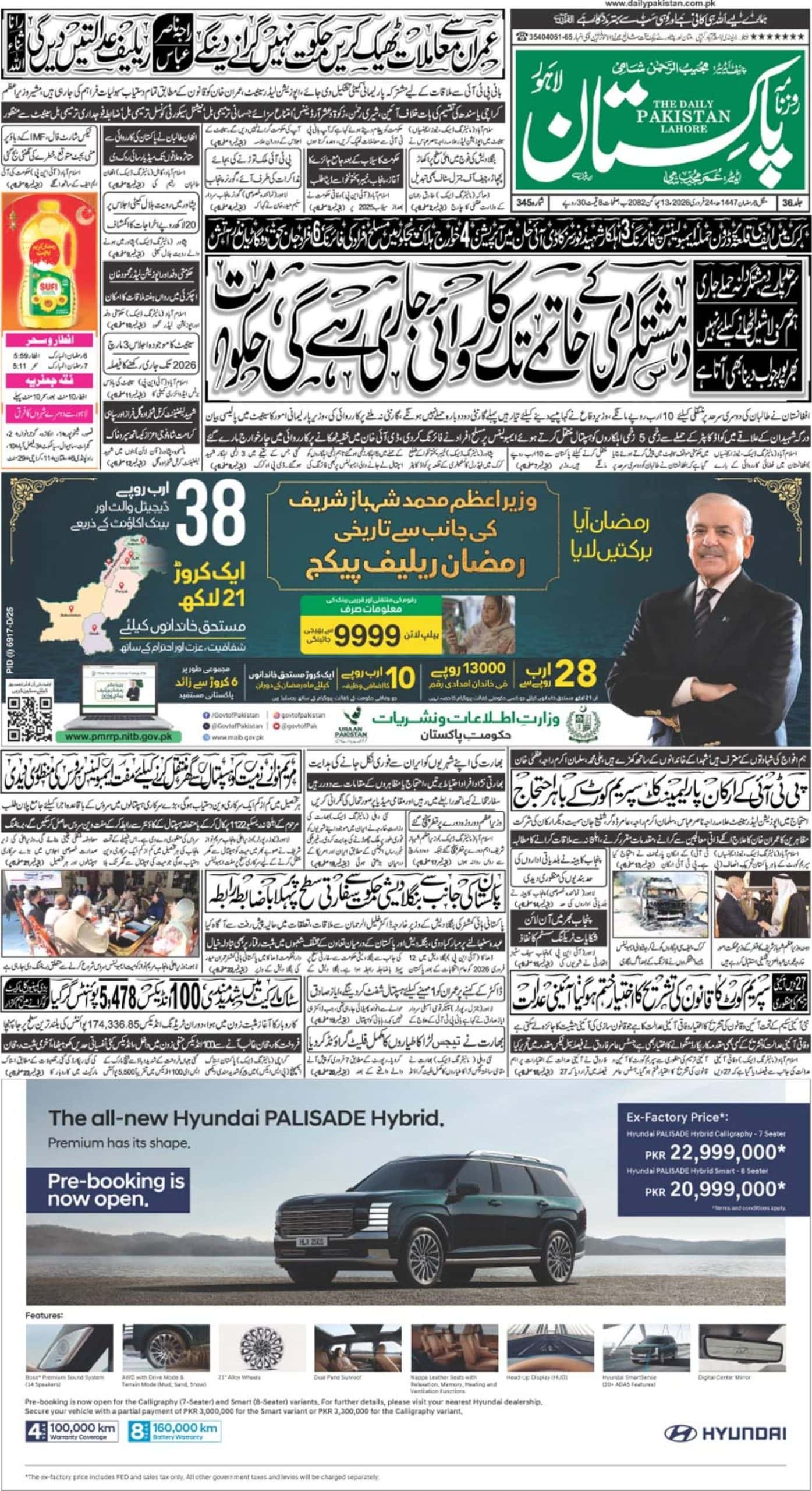LAHORE – Barrister Raheel Kamran Sheikh, a member of the Pakistan Bar Council (PBC) has issued a notice to the PBC recommending the reforms and measures to deter infringements within the lawyers’ community.
Writing a letter to Attorney-General Ashtar Ausaf Ali, ahead of the 218th meeting of the council scheduled to be held on 10th of December, Barrister Kamran recommended the council to amend the 2015 Rules, demanding to add subjects on the prevention of what he termed as Wukalagardi (Rowdyism) and “transparency in the process of nomination for the appointment of judges in the High Courts.”
The recommendations outlined in the minutes further stated that “undeniably, reforms in the legal education are one of the most important subjects that this Council has a duty to consider,” adding that it is important not only from the point of view of the welfare of new entrants in the profession but effective performance of the judicial system wherein we have duty to properly assist the courts.
“The growing number of incidents whereby any lawyer or a group of lawyers is seen as using intimidation, threats and violence against judges, police officers, media and other members of the society. These incidents have been termed by the media as Wukalagardi,” the statement further read.
It said that the fundamental objection to Wukalagardi is that lawyers, who are supposed to be the torchbearers of rule of law, act in violation of law, jolt foundational pillars of the administration of justice and perpetuate anarchy.
“At present, mostly the reported incidents of Wukalagardi are confined to the Civil Courts, Magistrates’ Courts and Sessions Courts, however, if the situation is not arrested here and causes are not addressed effectively, no court premises shall escape from this madness.”
Highlighting the discriminatory distribution of income, the statement read “only one percent of the lawyers have ninety per cent share in the total income from the legal practice in Pakistan. The remaining ten per cent is shared by ninety percent of the lawyers. In litigation and arbitration, who will get the relief? is always the primary question for parties.”
M. Raheel Kamran Sheikh, a member of PBC and renowned lawyer, who wrote the minutes on the behalf of the committee said “my limited experience as a member of this Bar Council has made me aware that there are currently more than 150,000 lawyers in the profession and the number is doubled every five years. There are more than 100,000 law students enrolled in the law colleges affiliated with Punjab University, BZU, Islamia University Bahawalpur and Sargodha University alone, of which almost 30 percent will join the profession in the next three years. After seventeen years of education, these young lawyers will enter the profession without knowing how to write simple applications for the grant of bail or interim relief. Hardly anyone will be ready and willing to train them. They will be left to compete against foreign degree holders, LUMS graduates, relatives and chamber mates of judges.”
“It is almost certain that a vast majority of them will not make it well in the legal profession and resultantly these disgruntled lawyers either become depressed and abandon the profession or become aggressive to make a living by any means necessary including Wukalagardi. Bar Councils in Pakistan have miserably failed to arrest this apartheid in the legal profession.”
He further said that equality of opportunity to all deserving candidates has to be ensured not only for strengthening the relationship between the Bench and the Bar but also effective dispensation of justice.
He said presently no objective criteria and guidelines have been made public for the exercise of the discretion vested in the Chief Justices of High Courts to nominate for the elevations to the Bench in the absence whereof, speculations, surmises and conjectures regarding accommodation of choice of members of the Judicial Commission are never easy to reject out-rightly.
Moreover, he added, in the absence of a better transparency in relation to the elevations on the Bench, one can never be sure if the principle of equality of opportunity is being satisfied.
Barrister Kamran further outlined that elevation of District & Sessions Judges on seniority cum fitness, instead of extraordinary performances and contributions in terms of correct decision-making, converts elevation to the Bench more of promotions than fresh appointments and the same takes away the motivation in young judges to perform well. Likewise, in the absence of objective criteria or guidelines, young and capable lawyers are hardly motivated to work for a better assistance of courts.
Concluding with his major demands, Kamran said “In view of what I have stated hereinabove, I would make a humble request for addition of the subjects of (i) prevention of Wukalagardi and (ii) transparency in the process of nomination for the appointment of judges in the High Courts for consideration of the Council in the next Meeting Scheduled for 10.12.2016.”

